Fight With Baby Blues Like A Warrior – Guide to Postpartum Depression
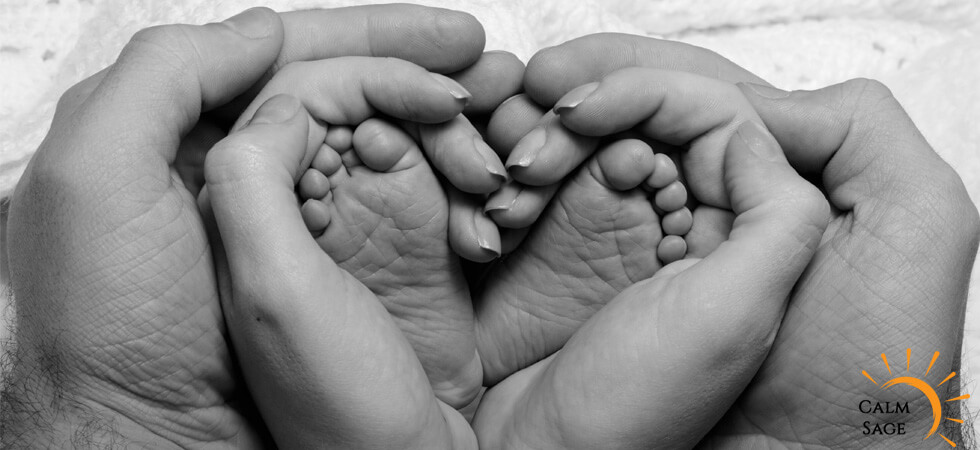
“Having a baby is one of the most wonderful things in your life, as well as the hardest thing in your life”
~Nuno Bettencourt
Rightly quoted!!!
Having a child is like setting your life on an emotional roller-coaster ride. At one point you might find yourself as the happiest and luckiest parent and at the other trying to adjust with the changes the baby had brought to your life. But, no matter how this ride goes at the end of it you will find yourself as a happy family. But for some finishing, this ride off may be a task in itself.
So, if you are a new parent or you know someone who has recently given birth to a newborn baby, do check on them. As many new parents are found to be going through a phase full of overwhelming emotions, especially mothers. However, depending on the intensity and duration of the signs and symptoms as shown by parents postpartum depression tends to vary.
NOTE: It is important to note here that men (fathers) too can show these symptoms (covered in detail below)
What is Postpartum Depression?
Postpartum Depression refers to a mental health condition that new parents (especially mothers) might undergo. However, the intensity and duration of the symptoms may vary depending on the person.
Facts on Postpartum Depression:
Before understanding this mental health condition, let us address some myths that revolve around the same. Along with these facts here are some facts that will debunk them:
MYTH: Only mothers experience postpartum depression
FACT: 1 in 5 mothers and 1 in 10 fathers experience postpartum depression
MYTH: Symptoms of postpartum depression can occur only once in a lifetime
FACT: There are chances that the symptoms of postpartum depression can recur with next pregnancy (this condition is known as, postpartum posttraumatic stress disorder)
MYTH: Postpartum depression sets in right after the birth of the new one
FACT: Baby blues sets in after a few weeks of childbirth. However, the symptoms of postpartum depression generally show up after 3 months
MYTH: Postpartum psychosis is common
FACT: Postpartum psychosis is extremely rare
MYTH: Having postpartum depression makes you a bad parent
FACT: There are psychological, physical and biological reasons attached to postpartum depression and it is not chosen by parents. Therefore, having symptoms of postpartum depression is not a sign of who you are as a parent. Rather, it shows how strong you are as a person to bring a new life to the world.
Types of Postpartum Depression:
As mentioned above, depending on the intensity and symptoms postpartum depression can be of various types. Here is a brief overview of the same:
POSTPARTUM DEPRESSION TYPES
|
TYPE |
SYMPTOMS |
REMARKS |
|
Postpartum Blues |
Starts right after the childbirth and is characterized by: ➔ Confusion ➔ Anxiety ➔ Frequent crying episodes ➔ Irritability |
Ideally, it is self-limiting and requires more social support than any form of intervention. It is also known as ‘baby blues’ or ‘maternal blues.’ |
|
Postpartum Depression |
The onset can range from few days to weeks, with symptoms like: ➔ Difficulty bonding with baby ➔ Fear of handling motherhood ➔ Severe mood swings ➔ Hopelessness ➔ Excessive crying ➔ Thoughts of harming self or baby |
Generally, these symptoms go away with time if proper social support is there. However, if they persist, taking help from an expert is advised. |
|
Postpartum Psychosis |
It is marked with acute onset with following symptoms taking place within the first three months: ➔ Obsessive thoughts about baby ➔ Hallucination & delusions ➔ Disorientation ➔ Excessive energy and agitation |
The symptoms might result in unfavorable outcomes therefore, immediate treatment should be seen for. |
|
Postpartum Posttraumatic Stress Disorder |
Following symptoms occur during the end of the next pregnancy: ➔ Nightmares ➔ Tensions ➔ Autonomic Hyperarousal ➔ Flashbacks |
Counseling before and after giving birth is recommended. |
Causes of Postpartum Depression:
There is no single cause that might lead to postpartum depression. Rather, it is an outcome of interplay between physical, psychological and physiological factors.
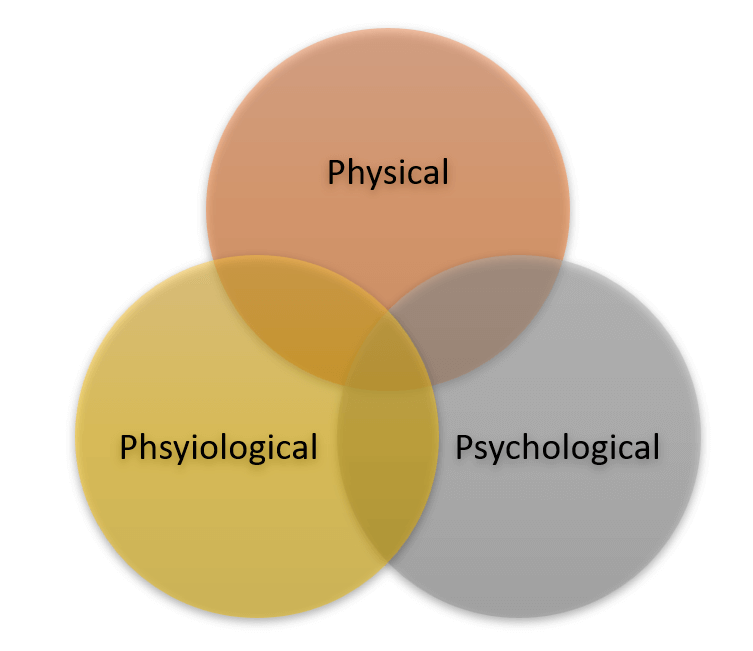
Physical Causes: The process of pregnancy and giving birth to a new one leads to various physical changes like-
- Change in body weight
- Hair loss
- Stretch marks
- Medical conditions of self and child
Physiological Causes: A woman’s body experiences a sudden increase in the level of progesterone and estrogen which drops immediately after giving birth to the baby. Thus, various physiological changes take place like-
- Low level of thyroid hormones
- Change in sleeping and eating habits
Psychological Causes: A new member of the family brings a new set of responsibilities thus many emotions float in like:
- Thoughts about being good parents
- Guilt
With all these causes combined, postpartum depression is likely to result.
Risk Factors Associated with Postpartum Depression
Apart from the causes mentioned above, there are various risk factors that are likely to expose parents to this mental health condition. These include:
- Family history of depression
- If the mother or father of the newborn has a history of depression
- Lack of social support during and post-pregnancy
- If the pregnancy is unplanned
- If an experienced financial, relationship, health-related stress during pregnancy
- Alcohol or drug abuse during pregnancy
- Any medical complication during or after pregnancy
- Experienced postpartum depression in previous pregnancies
However, these risk factors do not always promise to accompany the symptoms of postpartum depression. But, if any of these are found to be there, taking help is recommended.
Early Signs of Postpartum Depression
Before the postpartum depression sets in there are some alarming signs that new parents are likely to show and which should be carefully looked at. Some of these signs are:
- Persistent ‘baby blues’
- Avoiding family and friends
- Difficulty taking care of self and the baby
- Change in the sleeping pattern
- Crying episodes
- Self-doubts and guilt
- Trouble making basic life decisions
Before moving further let us address postpartum depression in fathers.
(The prevention and treatment approach for both will remain same by and large)
Postpartum Depression in Fathers
There are many myths that are linked to men and their mental health. One of these myths, as mentioned above, is- “men do not experience postpartum depression.” Psychologically speaking, it doesn’t hold true. Dad’s can undergo the symptoms of postpartum as well as the new baby is sure to bring new changes in their lives as well.
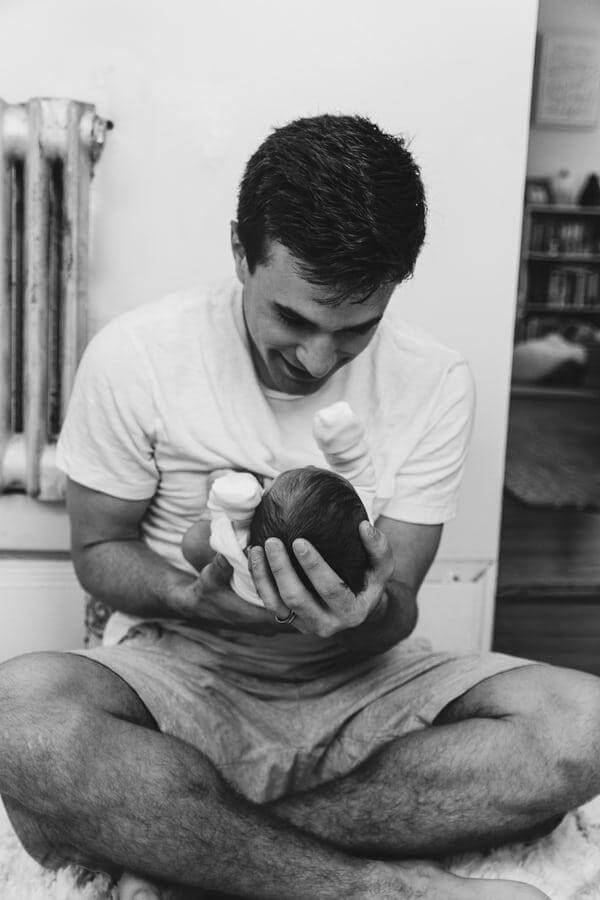
However, differences can be seen in terms of causes, risk factors and symptoms. Some of the key factors linked with postpartum depression among father are:
CAUSES:
The causes of postpartum depression among men are similar to that of women. However, in many household settings where man is the only working source financial causes also play a role in building up the symptoms.
RISK FACTORS:
Some of the risk factors that expose new fathers to the symptoms of postpartum depression are:
- Low levels of testosterone
- Lack of a good male role model
- Lack of intimacy with your partner
- Feeling excluded from the mother-child bond
- Past experience with postpartum depression
SYMPTOMS:
Some of the symptoms shown by fathers are unique to them. Instead of showing frequent crying episodes they are likely to demonstrate:
- Impulsivity
- Increased frustration
- Difficulty finding pleasure in almost any activity
- A feeling of anger and irritability
- Increased drug/alcohol abuse
New fathers might also need help, to carry out this phase of their life smoothly. The next section covers prevention and treatment measures that parents can undergo through in order to emerge as strong parents.
Prevention of Postpartum Depression
Just like any other physical and mental health condition postpartum depression can surely be prevented by taking the following measures under consideration:
- Biological Measures
If the history of depression runs in the family then various biological-based interventions can be taken. This will help the parents through the process of giving birth to a baby and the baby as well.
- Antenatal and Postnatal Classes
Researchers have found that group-based psychoeducational interventions are useful in preventing postpartum depression. As these classes work as a briefing session for parents they acquire knowledge regarding the challenges of pregnancy and effective ways to deal with it as a stronger single unit.
- Counseling/Therapy Sessions
Taking prenatal and postnatal counseling sessions helps to identify the self-doubts and enables you to work on the same. This further allows you to subside the symptoms of postpartum depression and practice healthy parenting.
Treatment of Postpartum Depression
Postpartum depression can be treated through various channels. Here are four treatment approaches which can help you deal with it:
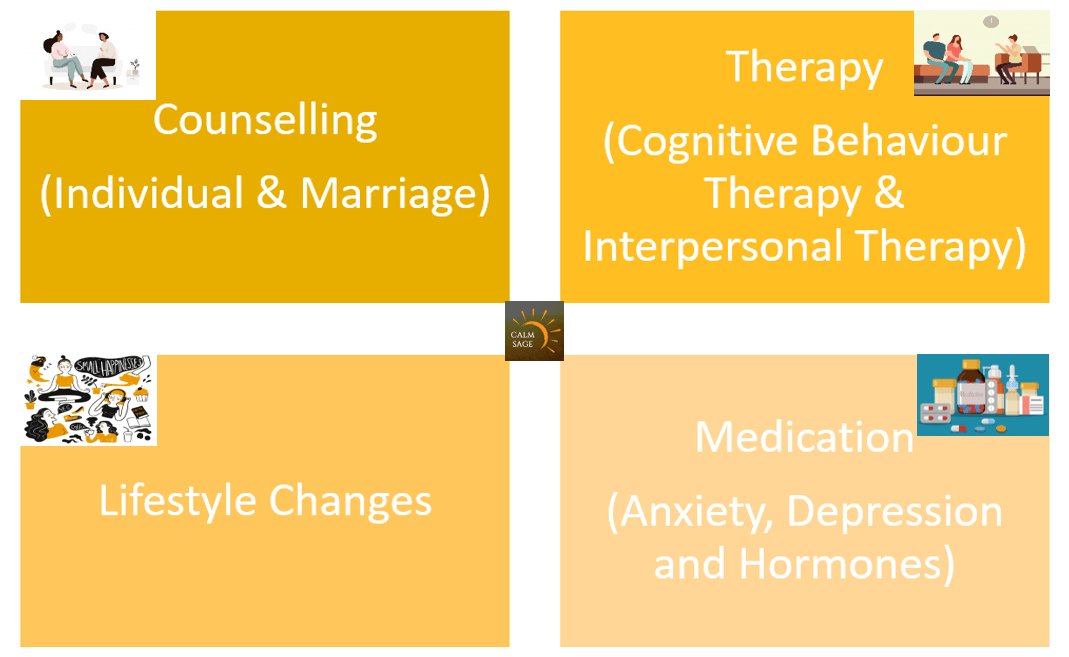
For counseling, therapy and medication you may seek help from a counselor, psychologist and psychiatrist, respectively. However, in order to see the impact of the other three treatment regimes, bringing lifestyle changes is important.
Bringing Lifestyle Changes:
Here are some effective ways to bring lifestyle changes and fight against the symptoms of postpartum depression like a true warrior:
1. Develop Emotional Bond with Child
Ideally, the baby’s physical and emotional needs are in sync with the response given by parents. However, the symptoms of postpartum depression can often interfere in this bond shared by parents (especially mothers) and the newborn. Therefore, it becomes important to focus on developing and nurturing this bond. To make this bond work efficiently you should respond to the baby’s needs with patience and love. Make sure you make the child feel soothed as this will increase the level of endorphins in both of you, making you feel happier and confident.
2. Create Social Networks with Others
Lack of social support is one of the major causes underlying the symptoms of postpartum depression. Thus, it is important to find a social support system in your surroundings to combat feelings of loneliness and exhaustion. For this to happen following actions can be undertaken:
- Reach for supportive adult contact
They not only have an experience of the situation that you are in but also have the wisdom to guide you through your journey. So, stay connected with your family/loved ones and let them know how you feel or what you are going through. This will work as a social support system and make your bond go stronger.
- Share your feelings
Keeping your blues to yourself might not seem to work in a healthy manner. Therefore, venting it all out to someone you love and trust is of great importance. It will lighten the emotional baggage that you are carrying alone on your shoulders and give you the courage to move further.
- Talk to a “Wounded Healer”
A wounded healer is the one who has been through the same situations and has come out strong from it. Their journey will not only encourage you but also give you some tips to give a happy ending to yours.
- Confirm with a new parent
Often all we need is someone we can confirm our thoughts and feelings, to check that things are going right with us. For this, it is suggested to reach a new parent (they may be known or unknown to you) and build a positive social contact with them. This, in turn, will help you to reduce the stress efficiently.
3. Keep a Check on Yourself
Another root cause of postpartum depression is that parents are so involved with parental processes that they stop checking on themselves. Thus, it is advised to give your mental, physical and emotional health equal priority. It will make you feel happy and yourself all over again. Here are few tips that might help:
- Exercise
Not only exercise will help you get fit again but will also infuse positivity, thus, the sooner you start exercising the better will be the outcomes. However, make sure you check with your gynecologist as to when to start and what to do. Even if it’s a 30-minute walk that you start with, the benefits in relieving the symptoms are surely to follow.
- Meditate Mindfulness
To handle the new responsibilities as a parent a lot of energy and calmness is required and as researchers support, there is no better way to achieve this goal then being aware. Thus, mindfulness meditation is recommended.
- Sleep and eat wisely
A lot of changes are witnessed in sleeping and eating patterns once you welcome a newborn in the family. However, making your sleep and meals a priority is one thing you definitely should work on. For this, you can take the support of your partner and family members to catch up naps whenever possible. Along with this, eat the right food to boost your mood.
- Get sunlight
The beams of sunlight will help your body to heal, give you the warmth you need and uplift your mood. So, get up and embrace it all!
4. Focus on Your Relationship with Your Partner
The relationship that you share with your partner works as a social connection and emotional expression so, focusing on the same is critical. To give quality time to each other some of the effective practices that you can indulge yourselves into are:
- Spend time together
Instead of going out on a date for a couple of hours and not feeling connected, we will recommend you to share a happy cup of coffee at home! Spending time together means choosing quality over quantity. So, even if you plan to be by yourselves for 10 minutes making sure it is fruitful.
- Be a “Team”
It is often found that instead of taking equal responsibilities of the newborn baby the new parents are engaged in the blame game. Well, neither is this practice healthy nor are the outcomes. Therefore, it is advised to work as a team and tackle the parenting challenges as a single unit.
- Communicate freely
In order to achieve the above-mentioned goals, it is important for you to communicate. Remember, you both are sailing in the same ship. So, instead of rowing in opposite directions, choose the right one and move forward as a couple. Communicating will help you to share your thoughts and feelings with each other that will enable you to handle any given situation effectively. If needed take a therapy or counseling session as a couple, find where you are lacking and work on that area, together.
“Behind every child who believes in himself is a parent who believed in them first”
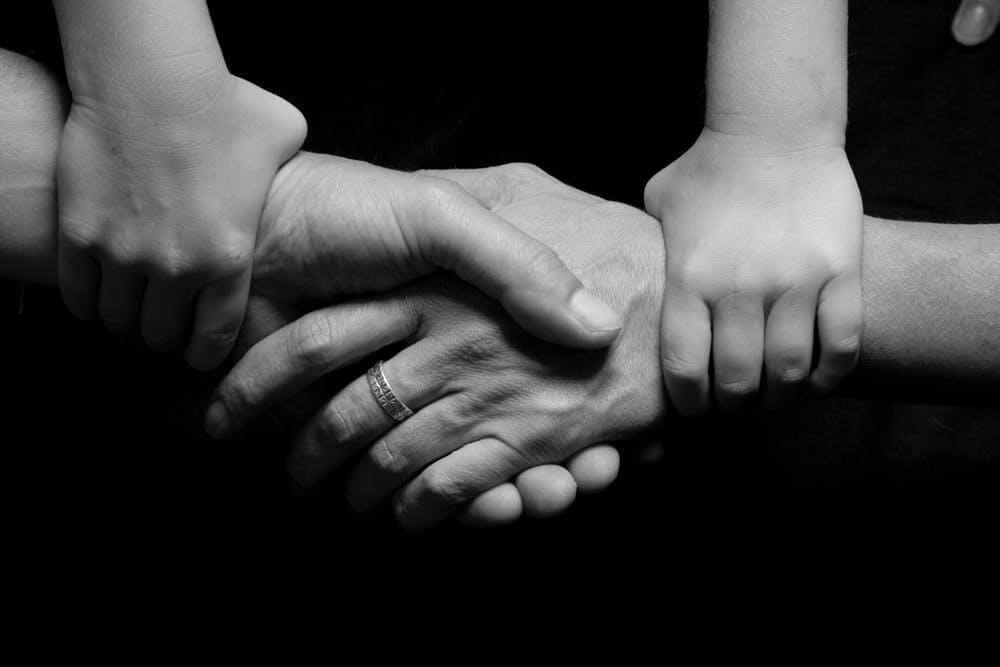
Now that you have an overview of what postpartum depression is and how you can fight with it as Team and as a Warrior time to gear up and start working on the same. Don’t forget to feel proud of bringing a new life to the world.
NOTE: Reach for help as and when required!
Happy parenting to you…
Recommended Articles:
1. Best Foods That Help To Reduce Anxiety
2. Step Into The Light- Acceptance Is The Key
3. Change Your Mindset And Reduce Anxiety
4. possible causes of severe Mood Swings
5. 5 Lessons To Be Learnt From Kobe Bryant’s ‘Mamba Mentality’

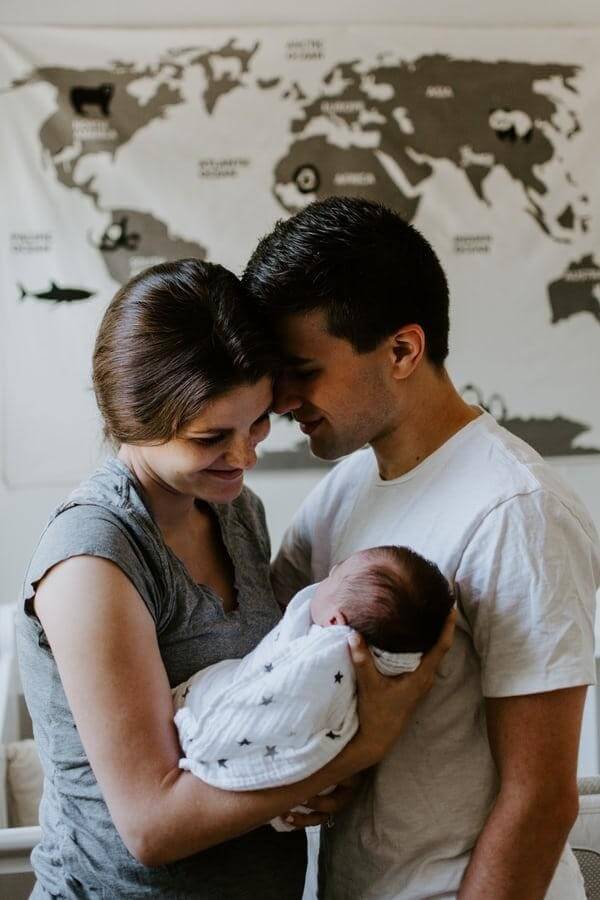
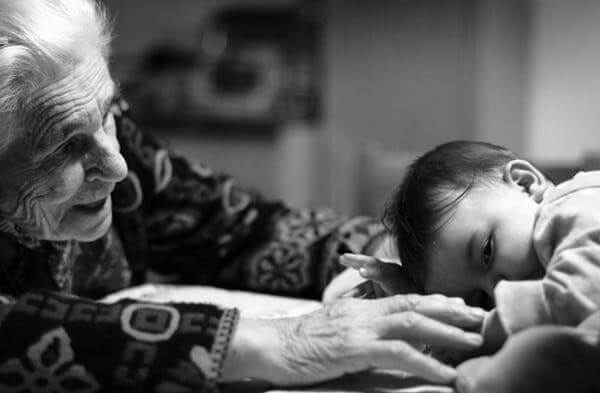




















This Fight With Baby Blues Like A Warrior site has helped me many times in health problems. This book helped me to heal and feel better.
Hi, the Fight With Baby Blues Like A Warrior article it is well written and is very useful. Have you heard about this new way to make your baby fall asleep in minutes? Your baby is wonderful!! :) Kiss you All!